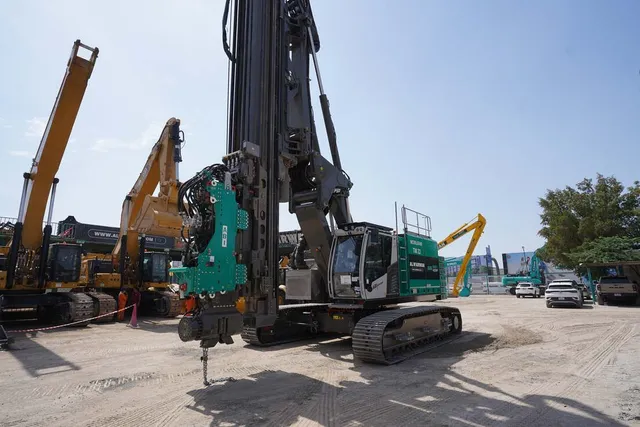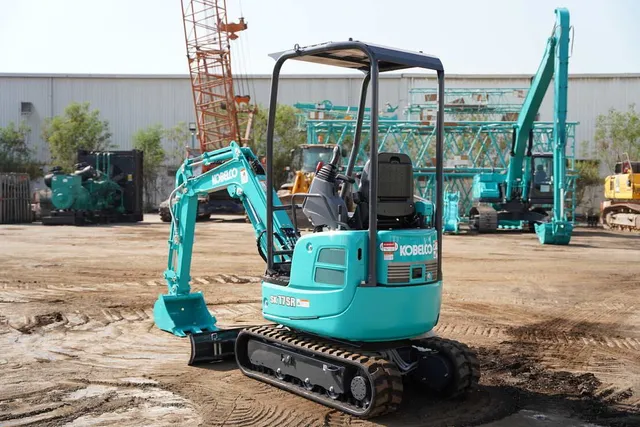Discover how a Kobelco dealer supports your projects with expert service, innovative machinery, and reliable support.
A Kobelco dealer plays a vital role in the construction environment, often acting as a key partner for contractors, equipment operators, and project managers. Kobelco, known for producing some of the most reliable and innovative machinery in the industry, depends heavily on its dealers to bring these products to the construction field. From sales and service to expertise and support, the dealer’s role is inseparable from the effective operation of the construction ecosystem.
Expertise and Product Knowledge
The first aspect that makes a Kobelco dealer invaluable is their deep knowledge of the brand’s machinery. Kobelco dealers are trained specialists who understand the intricacies of excavators, cranes, and other heavy machinery. Their expertise goes beyond just knowing the specifications; they’re able to assess a client’s project needs and recommend the right machine to maximize efficiency and productivity. This personalized service helps clients avoid costly mistakes that could arise from using incorrect equipment for specific tasks.
Providing Access to Cutting-Edge Technology
Kobelco is recognized for integrating cutting-edge technology into their equipment. Dealers play a pivotal role in showcasing these innovations to the construction sector. Whether it’s advanced fuel-efficient engines, hydraulic systems that provide better control, or telematics for real-time monitoring, Kobelco dealers are responsible for ensuring that these technological advancements are available and understood by their customers. In addition, dealers provide training to operators, ensuring they’re equipped to handle the latest systems and maximize machine performance.
After-Sales Support and Service
One of the core aspects of a Kobelco dealer’s role is after-sales service. The construction industry can’t afford downtime, and a well-established dealer provides essential support in keeping machinery operational. Regular maintenance, parts replacement, and troubleshooting services are critical for ensuring that equipment runs smoothly and reliably. Dealers are responsible for stocking genuine Kobelco parts, ensuring that repairs and replacements are done with the right components. This service keeps construction operations running without delays, preventing costly downtime that can impact project timelines.
Local Availability and Personalized Solutions
Kobelco dealers are spread across regions, offering localized support that is crucial for construction businesses. A local dealer understands the specific needs and challenges of the regional construction environment, whether it’s tough terrain, climate conditions, or specialized projects. This geographical advantage allows dealers to provide faster response times for service calls, repairs, and equipment delivery, reducing downtime and maintaining project momentum.
Additionally, dealers often work closely with clients to create customized solutions for specific project requirements. They may offer rental options, tailored financing plans, and machine upgrades based on a client’s evolving needs, further cementing their importance in the construction environment.
Building Strong Relationships
Beyond transactions, a Kobelco dealer often becomes a long-term partner in the construction business. The relationship between the dealer and the client extends beyond the initial sale, with dealers offering ongoing support and expertise. Many construction companies rely on their dealers for advice on optimizing machinery usage, getting the most out of their investment, and understanding upcoming innovations. This trust and partnership ensure that dealers are an integral part of the machinery lifecycle, from purchase to retirement.
Kobelco dealers are an inseparable part of the construction environment because they bring together sales, service, expertise, and localized support. By ensuring that the right machines are in the right hands, providing ongoing service, and being an accessible source of knowledge, they contribute significantly to the smooth running of construction operations. A good dealer doesn’t just sell equipment; they help shape the success of construction projects, making them a cornerstone of the industry.







